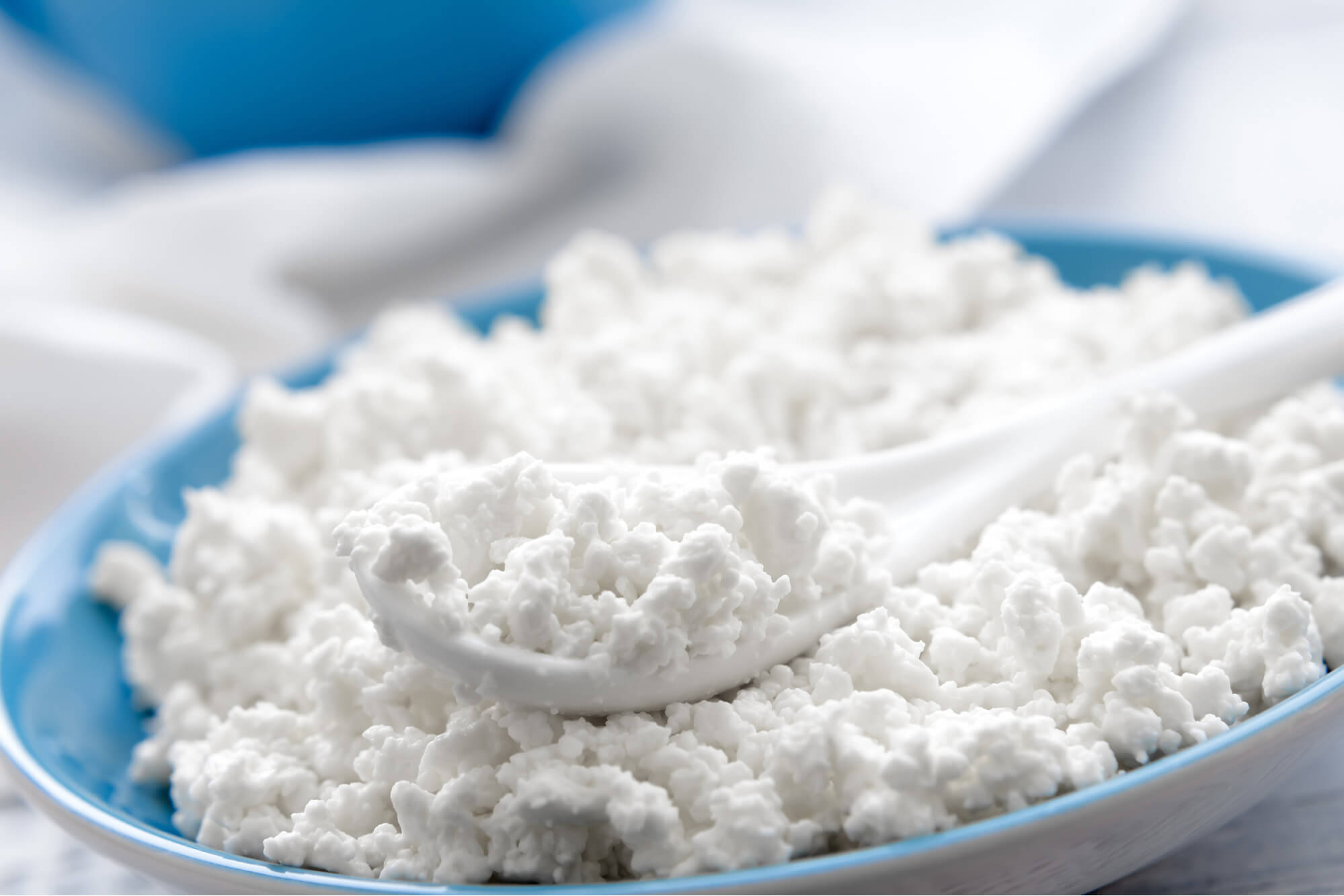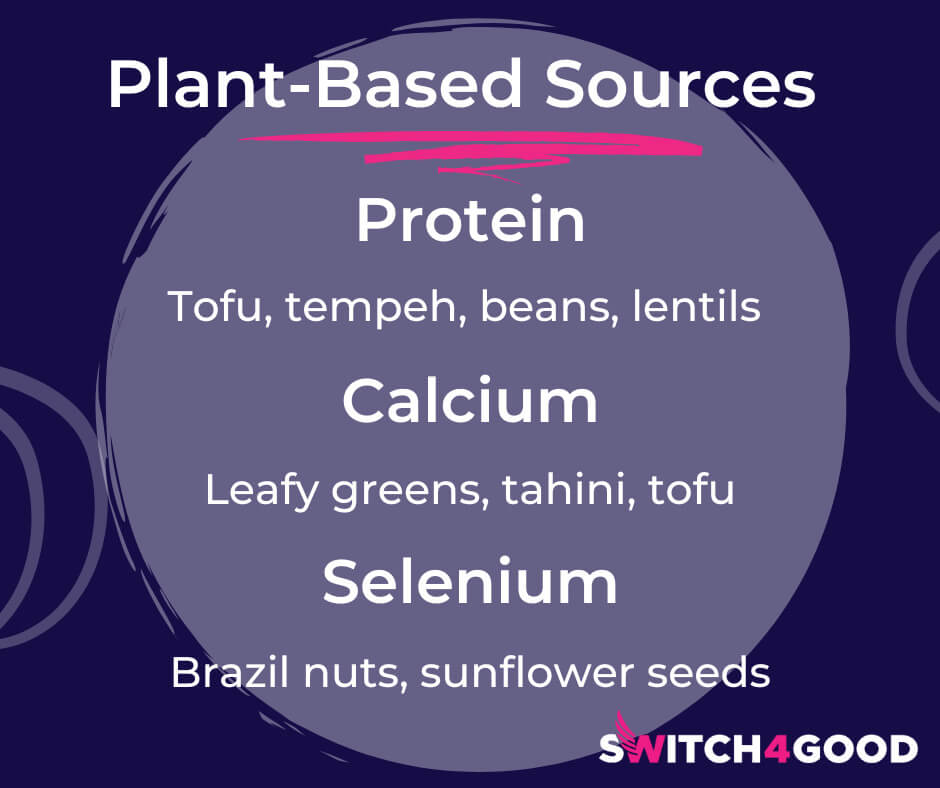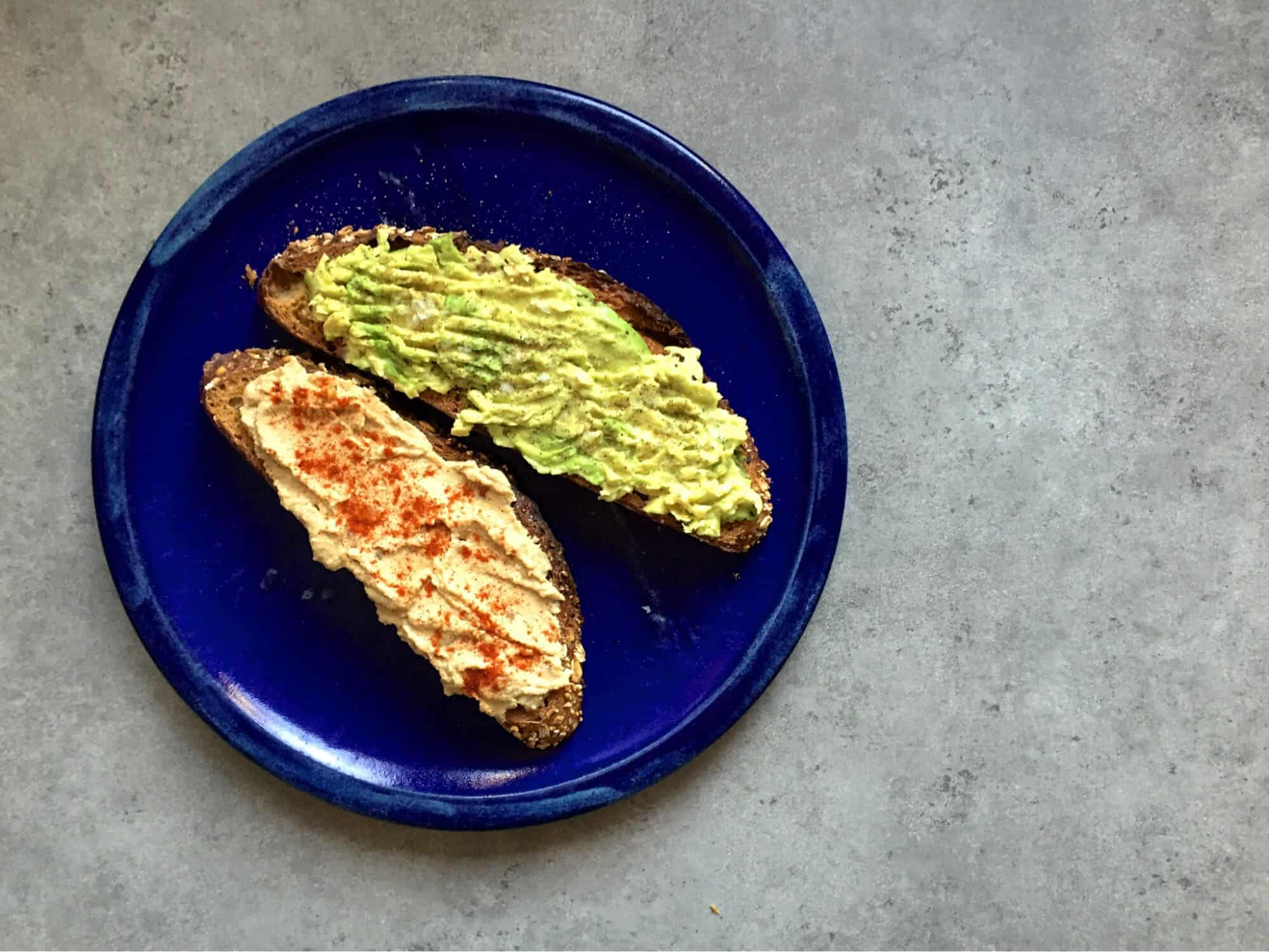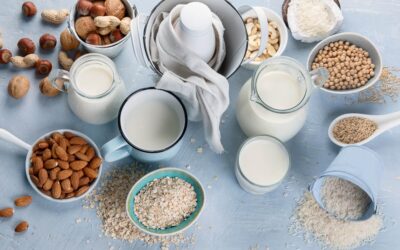It’s 2023 and cottage cheese is having a moment. From TikTok to the New York Times, it’s suddenly everywhere. But does cottage cheese deserve all this attention? We’ve found it is a less than glamorous food that should have stayed in the 1970’s.
What is cottage cheese?
Cottage cheese is a fresh cheese made from coagulating dairy milk by adding an acid or culture. This process forms chunks called curds, which are then cut smaller and strained to remove the liquid whey. The final product that you find in the grocery store is a gooey, lumpy, mush- not exactly appetizing to most people when it’s not disguised by an Instagram filter.

What does the nutrition profile look like?
A serving size of cottage cheese is a half cup, which contains about 12 g of protein, up to 5 g of fat (60% of which is saturated), and flavored varieties can have 10+ g of added sugar. It also has micronutrients like calcium and selenium.
We would never deny these nutrients on their own are important for human health, but they can be found elsewhere and are not unique to cottage cheese or dairy products. Plant-based sources of these nutrients also contain fiber, which is beneficial for gut health and maintaining healthy cholesterol levels, as well as other phytonutrients that are unique to plants and offer a multitude of health benefits.
Protein is found in every plant, and getting 12 g from plants is easy! You can get that just from a ¾ cup serving of chickpeas. Calcium can be found in leafy greens, tofu, and tahini, just to name a few. Selenium is not talked about as often, but someone following a plant-based diet can meet their selenium needs with only 4 Brazil nuts each month. Don’t let Big Dairy, Gen Z-ers on TikTok, or your distant relative who is stuck in 1970s-era diet culture tell you cottage cheese is the only way to get these nutrients.

So, is cottage cheese healthy?
No. All of the macro and micro nutrients found in cottage cheese can easily be found in plant-based foods. But there are two big downfalls of cottage cheese that need to be discussed: its saturated fat and sodium content.
60% of the fat found in cottage cheese is saturated, and high saturated fat intake can increase your risk of heart disease and stroke. Cottage cheese is also high in sodium, with one serving having 400+ mg of sodium. High sodium intake has been linked to elevated blood pressure and increased risk of heart disease.
Of course, there are other factors that are inherent to most dairy products. Cottage cheese still contains lactose, so it will cause digestive distress for the 68% of the population who cannot digest lactose. This can be severe and leave someone sprinting for the restroom. Additionally, most of the protein in cottage cheese is casein, which increases mucus production in the gut and respiratory tract.
These negatives of cottage cheese do not outweigh any perceived positives, especially when plants can provide the same benefits plus more.
What can you have instead?
Cottage cheese may seem like an easy grab-and-go breakfast or snack. However, the negative health implications are not worth the convenience for anyone.
For breakfast, consider preparing a few days’ worth of overnight oats so they are ready for you. Our Overnight Oat Parfait recipe is delicious as is, and gives five variations so you won’t get bored.
If you’ve seen cottage cheese in savory snacks like spread on toast, hummus is a healthier option that is high in protein and fiber to keep you satisfied. Spread your favorite flavor of hummus on toast, and add toppings like pickled red onion, sprouts or microgreens, fresh herbs, avocado, or hot sauce. The combinations are endless.
Cottage cheese ice cream? Yes, we saw this deep in the bowels of TikTok and started gagging, too. Literally anything sounds more appetizing, but how about this Chocolate Peanut Butter Banana Ice Cream instead?









